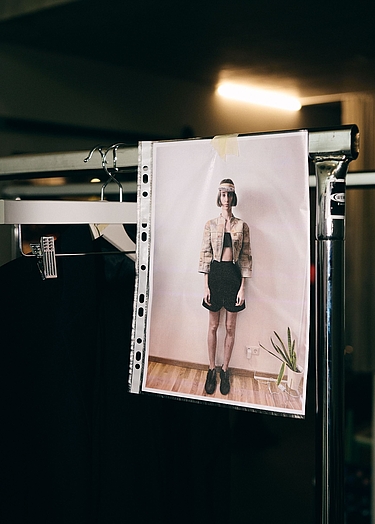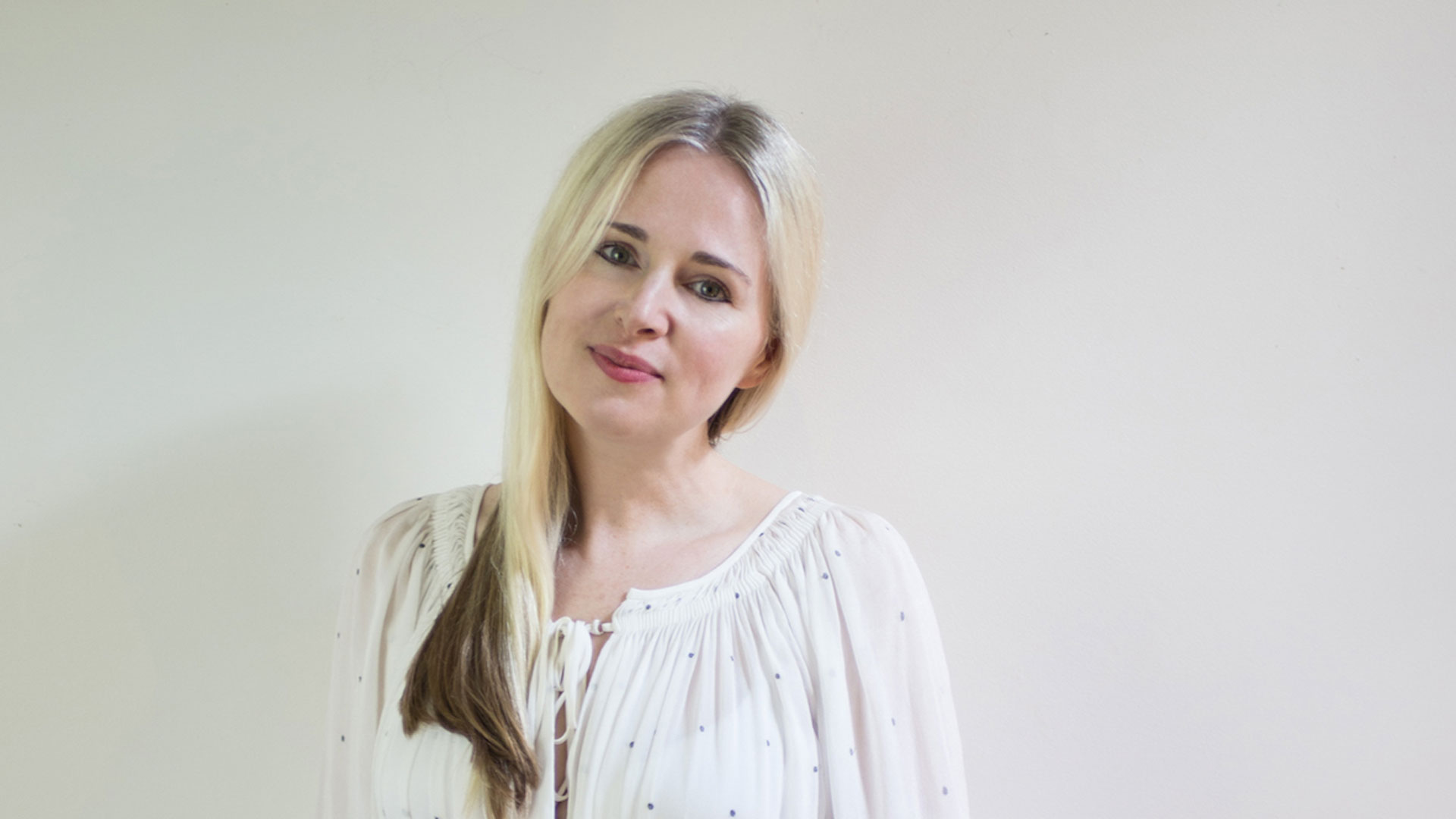
Interview

Clare Press, author and Vogue Australia’s Sustainablity Editor-at-Large, is the right person to speak to regarding the importance of sustainability. Water was the key theme of this seasons Fashionsustain. At the newly established Neonyt conference, Press held a very informative and inspiring introductory keynote. She gave us very insightful answers to our questions regarding water and sustainability in the fashion industry.
How did you develop a passion for sustainability and fashion?
I have been a fashion journalist for my whole career. For nearly 20 years, I’ve always written about how things are made. I have always interviewed designers, written about craft, thought about what goes into making a garment. However, five or six years ago I started to focus purely on sustainability because of two things specifically, one was Rana Plaza, the accident that happened in Bangladesh in 2013 and killed 1,134 people. That made me want to engage more in ethical and sustainable fashion. The other thing was writing a book, which grew out of that, called “Wardrobe Crisis.” I did a lot of research about fabrics, fashions impact on nature and that became my big passion.
Why is sustainability so important in the fashion industry?
Would you want to have unsustainable fashion? It doesn’t make any sense to have unsustainable fashion. I don’t understand why we don’t all complain about it more often. We can make a more sustainable industry. We need to stop designing clothes and buying clothes, which have been designed to throw away. There are a lot of different ways in which we could shape the fashion system, but this idea of disposable fashion is not a good idea. We can still have trends and access to beautiful clothes, but the pace in which we consume and throw away clothes is unsustainable.
Considering the main theme of the conference Fashionsustain: What do you think will happen to the fashion industry if water becomes scarce?
Water is already scarce. We are not really aware of it and consumers aren’t aware of it. Today, we heard from many people in the industry who are trying to find ways to use less water, but I think it’s only really at the early stages of this issue, water use, being talked about widely. We talk about waste, but we haven’t talked much about water. It’s going get more expensive and let’s face it the fashion industry is commercial, it’s a business. So, if it gets more expensive to produce things, we’re going to have to act. That’s an imperative, right? But I also think there is more of an understanding that we have a responsibility, that we are talking now about water stewardship. We have responsibility to look after our resources, not just for us but for other people. Short-term, the fashion industry would get more expensive, long-term, people won’t be able to produce clothes in the way that they are used to. We need new, innovative, tech-based solutions.
How can the fashion industry act in order to help prevent water scarcity?
There’s lots of different tools that apply at different levels of the industry. It’s hard to answer that question quickly. It depends on what you make. We can use fabrics that are produced with lower water footprints. We can work with NGOs, governments and collaborate industry wide, to try to regulate and improve our water management. Potentially, we could use less virgin cotton because that’s very thirsty.
One of the key points of your keynote was inspiration. Does Berlin inspire you with regards to fashion and sustainability? If so, why?
Yes! It’s so interesting, I feel like the conversation regarding fashion and sustainability is really far advanced here. Lots of people know more about sustainable fashion here than they do in other countries, from what I can gather. It seems like it’s pretty modern and people get it, which is inspiring. Young designers, emerging designers and fashion students are the key to the change of all this for me. So, I love it when I meet the young ones and the newcomers. They are all doing new stuff because they don’t want to do things in the same, old, unsustainable, inefficient way that we used to do things. They have more options regarding fabrics. If you want to be new and modern, you have to think about sustainability.
What is your advice for new coming sustainable brands in Berlin?
Upcycle. I think, when you are a small brand, big conversations around water stewardship are not practical for you to take on board. You don’t have the resources to make a big impact on that broad industrial collaboration stage. You do have a choice of the fabrics you use. Upcycling is awesome because it’s cheap and accessible. I see so many students doing really dynamic things with upcycled fabrics and deadstock. So, I think that’s really exciting. In the 80’s everybody was into DIY, such as Vivienne Westwood and Galliano. That was all upcycling, but we didn’t use that word. If you didn’t have money, you could use some old curtains. That has come back in a big way. I think it’s now got this name, so it’s easier to market. It’s great, use old jeans, unpick old stuff that could be waste and make it into something new and beautiful.
What has been your favorite moment at the Berlin Fashion Week so far? Is there anything else you are specifically looking forward to?
My favorite bit was probably the Neonyt fashion show because I love clothes and I love to see new designs and what people are doing with all of this knowledge. To see all of those sustainable pieces on a runway was a thrill. I’m looking forward to discovering more brands because there are loads of brands exhibiting that I am not aware of.